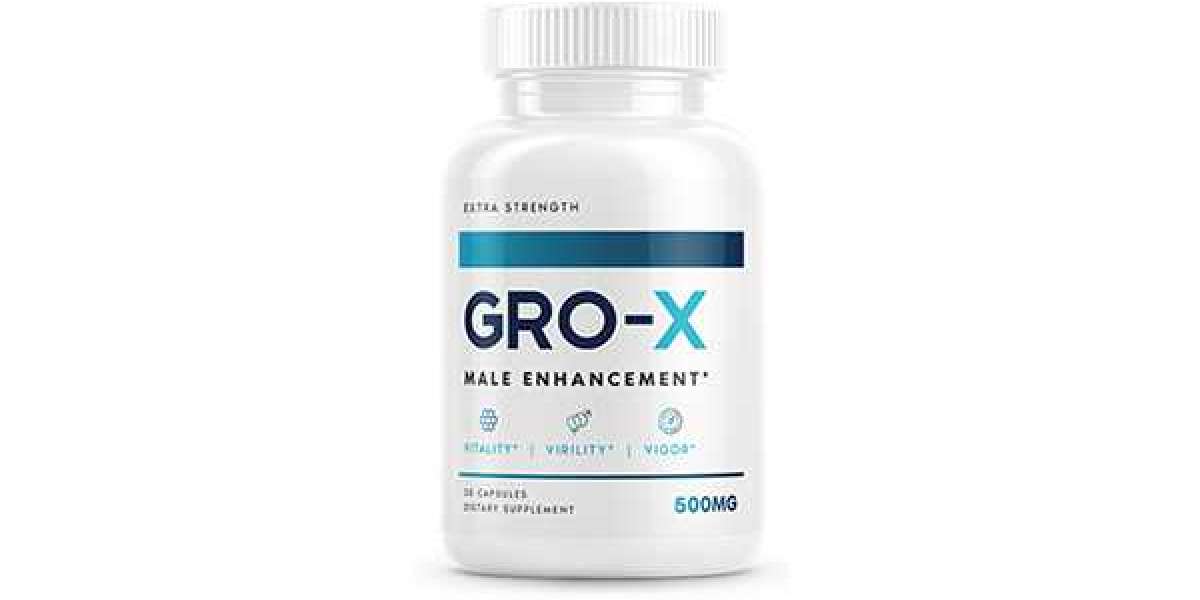When you put away money as your retirement savings, you must pay taxes on the saved amount. Fortunately, traditional retirement plans like 401(k)s and individual retirement accounts give you an upfront tax break. But these plans require you to pay taxes when you withdraw the money.
Enter health savings accounts (HSA).
An HSA account is a tax-deductible contribution with tax-free growth and tax-free withdrawals on certain medical expenses in retirement. The same principle applies to small business employees as well.
Because of the benefits of HSA for employers and employees, HSAs are booming. According to some of the latest HSA stats, there were 35 million HSA accounts holding nearly $104 billion in assets at the end of 2022. It is projected that this figure will reach 43 million accounts with $150 billion in assets by 2025.
Health Savings Account (HSA) – The Basics
According to Healthcare.gov,
“HSA is a type of savings account that lets you set aside money on a pre-tax basis to pay for qualified medical expenses. By using untaxed dollars in a Health Savings Account (HSA) to pay for deductibles, copayments, coinsurance, and some other expenses, you may be able to lower your overall healthcare costs. HSA funds generally may not be used to pay premiums.”
HSAs are individual accounts held by custodians such as banks and insurance companies selected by employers. They provide unique tax benefits to both employers and employees since contributions can all be tax-free if the rules of Section 223 of the Internal Revenue Code (IRC) are met.
So, if your company and employees qualify, an HSA for small businesses can be a great option to manage your insurance budget. Learn more from the best CPA for small business.
Eligibility for HSA
To be eligible for an HSA, an individual must meet certain conditions on a monthly basis:
- On the first day of the month, the individual should be covered by a high-deductible health plan (HDHP). But there is an exception. If you are eligible to make HSA contributions as of the year’s final month, you become eligible for the entire year and contribute up to the maximum amount for that year.
- While having this HDHP coverage, the individual should not be covered by any other health plan that isn’t an HDHP. Also, they shouldn’t have any health plan that provides benefits already covered by the HDHP.
- There are some types of insurance that don’t affect HSA eligibility. For example, insurance for specific diseases, hospitalization, accidents, disability, dental care, vision care, and long-term care.
- The individual is not enrolled in Medicare.
- They should not be claimed as a dependent on someone else’s tax return.
Other Important Things About HSA
Ownership: The HSA belongs to the individual, not the employer. This means even if you change jobs or retire, the HSA stays with you.
Contributions: Money that you or your employer puts into the HSA is not counted as taxable income. This means you don’t pay taxes on it. If you put money into the HSA yourself, you can deduct that amount from your income, reducing your tax bill.
Usage: Money from the HSA can be used tax-free for medical expenses. If you use it for other purposes, you’ll have to pay taxes on it, and possibly an additional 20% tax.
Deadline for 2023 HSA Contribution: April 15, 2024.
Use Form 8889, Health Savings Accounts (HSAs), to determine your allowable annual HSA contributions.
HSA Contribution Tax Rules
Following are the tax rules for HSA contribution:
- Maximum Deductible HSA Contribution-
o High-deductible, self-only insurance coverage- $3,850 in 2023 and $4,150 in 2024.
o High-deductible family coverage- $7,750 in 2023 and $8,300 in 2024.
* (In 2023) For married couples, both are considered to have only family coverage, if either spouse has family coverage,
** (In 2024) For individuals aged 55 or older as of year-end, the maximum deductible contribution goes up by $1,000.
As mentioned above, the HSA account holder must have a qualifying high-deductible health insurance policy to be eligible for the HSA contribution privilege.
- Minimum High-Deductible Policy-
- Self-only coverage- $1,500 in 2023 and $1,600 in 2024.
- Family coverage- $3,000 in 2023 and $3,200 in 2024.
- Maximum High-Deductible Policy-
o Self-only coverage- $7,500 in 2023 and $8,050 in 2024.
o Family coverage- $15,000 in 2023 and $16,100 in 2024.
Benefits of HSA for Small Businesses
By now, it must be clear that HSA is beneficial for individuals. However, business owners can also benefit from HSA contributions. Here is how:
Save on Monthly Premiums
A high-deductible health plan requires a lower monthly premium than traditional health plans. As an employer, you can save money on premiums and invest it back into your business or contribute to your employees’ HSAs.
Tax-Deductible Contributions
A hundred percent of contributions to your employees’ HSAs are tax deductible. Moreover, when employees contribute to their HSA through payroll deductions, employers can receive a tax benefit. Learn more from a local CPA for small business.
No burden for an employer with distributions
Since employees own their HSA funds, it is the employee who must determine whether their HSA distributions are for qualified medical expenses. This reduces the burden for employers, and they do not need to hire third-party administrators to process claims like with FSAs and HRAs. In this way, HSA saves headaches and money for the employer.
Limited Reporting Requirements for Employers
Generally, HSAs are not subject to the Employee Retirement Income Security Act (ERISA). That is why employers do not have to report them on Form 5500 (Annual Return/Report of Employee Benefit Plan).
It is the HSA custodian who is responsible for reporting contributions and distributions to the IRS and to the account holder using Forms 1099-SA and Forms 5498-SA. HSA account holders are responsible for disclosing contributions and distributions on their individual income tax returns using Form 8889 to their Form 1040.
FAQs
What is the difference between HSA and FSA?
HSA (Health Savings Account)-
o Owned by the individual
o Requires enrollment in a High Deductible Health Plan
o Funds roll over year-to-year
o Contributions and withdrawals for medical expenses are tax-free
FSA (Flexible Spending Account)-
o Sponsored by employers
o Does not require a specific health plan
o Often has a “use it or lose it” rule for unused funds each year
o Pre-tax contributions and tax-free withdrawals for medical expenses
What are the investment options available with HSA?
Some HSA investment options are mutual funds, stocks, CDs, bonds, and so forth. However, some HSA trustees limit your investment options to conservative choices.
Can I use HSA money to reimburse myself for medical expenses incurred before opening the account?
No. You cannot use tax-free HSA withdrawals to reimburse me for medical expenses incurred before opening the account. Learn more from CPA services for small business.
How can I open my HSA account?
You can establish your HSA account through a bank, an insurance company, or another suitable financial institution.
Original source: https://bit.ly/3vP6sCA







